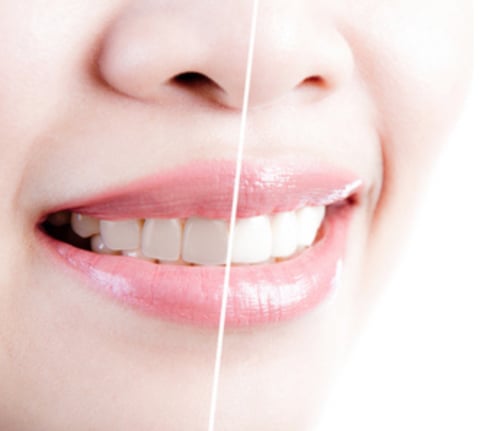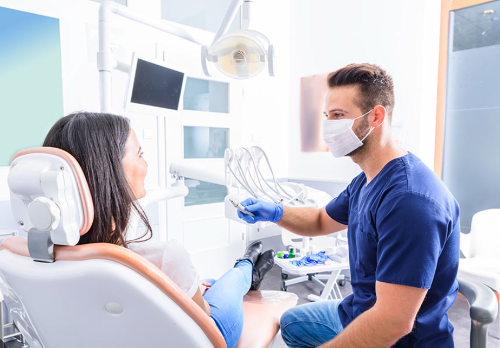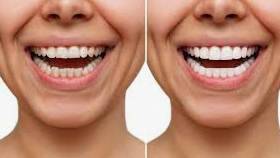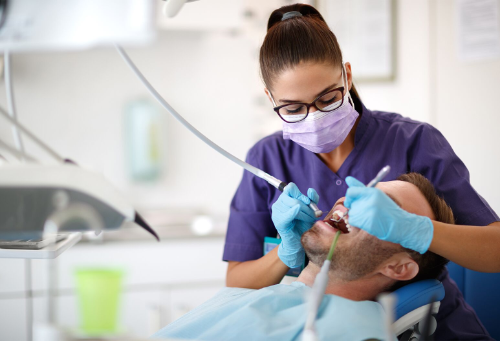Related searches

This guide aims to shed light on why seniors should prioritize dental visits and how to find the best dental clinic tailored to their needs.
Why Dental Care Matters for Seniors
Preventing Common Dental Issues: As we age, the risk of gum disease, tooth decay, and oral cancer increases. Regular dental check-ups help in early detection and treatment, which can prevent more serious health issues.
Connection to Overall Health: Research has shown that oral health is closely linked to overall health. Conditions such as diabetes and heart disease can be exacerbated by poor dental hygiene. By maintaining good oral health, seniors can reduce the risk of these chronic conditions.
Impact on Nutrition: Dental problems can lead to difficulties in chewing, which can affect nutrition. A healthy diet is essential for seniors to maintain their strength and immune system, making regular dental visits vital for ensuring the ability to enjoy a varied diet.
Enhancing Quality of Life: Good oral health can boost self-esteem and confidence. Seniors with healthy teeth and gums are more likely to smile and engage socially, which can lead to better mental health.
Choosing the Right Dental Clinic
When it comes to selecting a dental clinic, seniors should consider the following factors:
Specialization in Geriatric Dentistry: Some clinics specialize in treating older patients. These dentists are more familiar with the specific challenges seniors face, such as dry mouth, root decay, and the effects of medications on oral health.
Accessibility: Look for clinics that offer wheelchair access, convenient parking, and a comfortable waiting area. This is particularly important for seniors with mobility issues.
Insurance Compatibility: Check if the clinic accepts Medicare or Medicaid and what kind of dental plans they offer. Understanding costs upfront can help avoid unexpected expenses.
Patient Reviews: Online reviews can provide insights into other patients' experiences. Look for feedback on the staff’s friendliness, the dentist’s communication style, and the clinic's overall atmosphere.
Personalized Care: A good dental clinic should prioritize personalized treatment plans. Seniors should feel comfortable discussing their unique dental needs and any concerns they may have.
Staying Proactive About Oral Health
Once you've selected a dental clinic, staying proactive about oral health is key:
Schedule Regular Check-ups: Aim for at least two dental visits per year, or as recommended by the dentist.
Practice Good Oral Hygiene: Brush twice a day with fluoride toothpaste and floss daily. If manual dexterity is a challenge, consider electric toothbrushes or flossing aids.
Stay Informed: Keep abreast of any changes in oral health, medications, or dental technology that may affect care. Engaging in conversations with healthcare providers about oral health can lead to better outcomes.
Conclusion
Prioritizing oral health is essential for seniors in the U.S., and finding the right dental clinic can make a significant difference. By understanding the unique needs of aging patients and taking proactive steps, seniors can enjoy better health, nutrition, and an enhanced quality of life. With the right support, maintaining oral health in later years can be a manageable and rewarding part of aging gracefully.








